Picture a world where tedious tasks can be taken care of by a digital helper. Imagine having a virtual assistant that can write stories, answer complex questions, even predict trends. This isn't just science fiction – welcome to the reality of Artificial Intelligence (AI).
But there's a catch. With a plethora of AI models out there - GPT-3, Transformers, Watson, Azure AI, Amazon Lex, Wit.ai, to name a few - how do we decide which to hitch our wagon to? If your head's spinning with questions and confusion, you're not alone.
To address this very conundrum, we'll be taking a deep dive into these six distinct AI models. We'll dissect their capabilities and quirks. Then we'll help you understand how to decide which fits best with your needs. Brace yourself, we're about to embark on an exciting AI journey.
Understanding Google Gemini: Strengths and Issues
What is Google Gemini? Well, in simple terms, Google Gemini is a powerful AI model. It's Google's own tool that uses machine learning to predict user interactions. It's pretty smart, helping make quick decisions based on patterns it learns, pretty cool, right?
Now, onto why it's well-liked. With Google Gemini, you get lots of automation and processing power. It can handle tons and tons of data without breaking a sweat. Plus, you know, it's Google, so you get top-notch reliability.
But, it's not all rainbows and sunshine. There are a few things that people aren't too thrilled about. One of the issues is that Google Gemini can be a little too complex. It's got a lot of features and, sometimes, using all of them isn't the easiest task.
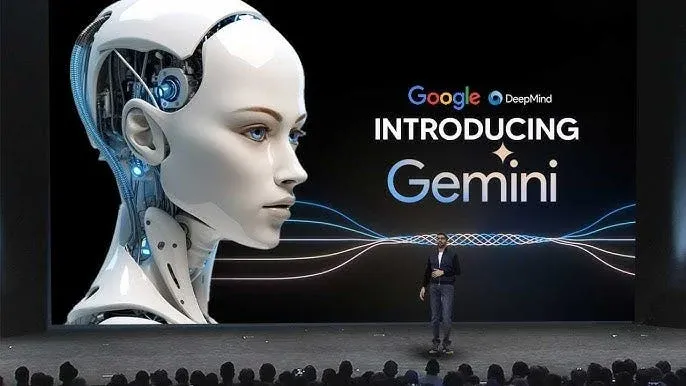
Another issue? It's not too friendly for folks without a good background in tech. There's a bit of a steep learning curve. If you're not familiar with AI, you might end up scratching your head a lot.
And cost? Yeah, it can be a bit on the pricier side. Especially if you're a small business or just starting off, the budget might be a concern.
The last thing to mention: it isn't always the most flexible. If you're working on something uniquely tailored or need to modify the model to fit your specific needs, you might run into some roadblocks.
So, there you have it. The good and bad of Google Gemini. It's a robust tool with a load of cool features but it does come with a few issues. Just like everything in life, right?
Suggested Reading:6 AI models alternative to Google Gemini
Overview of Six AI Models Alternative to Google Gemini
So, we've seen Google Gemini, and you might still want other choices. Let's step into the broader AI world.
We'll look at six other smart tools - OpenAI's GPT-3, HuggingFace's Transformers, IBM's Watson, Microsoft's Azure AI, Amazon's Lex, and Facebook's Wit.ai. Each with unique advantages, they cater to different needs and use cases. You might find what you need without going over budget or getting tangled in a tech web.
So, gear up! Let's dive into a simple and jargon-free exploration of these six powerful alternatives to Google Gemini. Buckle up, it's going to be a fun ride!
In-depth Analysis of Each AI Model
We're about to share the ins and outs of each AI model we introduced earlier. Think of it like meeting someone new - getting to know their strengths, shortcomings, and their unique personality. So here they are, let's get friendly with these AI pals.
1. OpenAI's GPT-3
First up is OpenAI's GPT-3. Picture a very articulate robot that can write human-like text. Now, I mean really human-like. It's like having an extremely savvy writer on your team who also happens to be great at absorbing and understanding input.
It can generate pretty much anything - stories, code, or even poetry! How awesome is that?
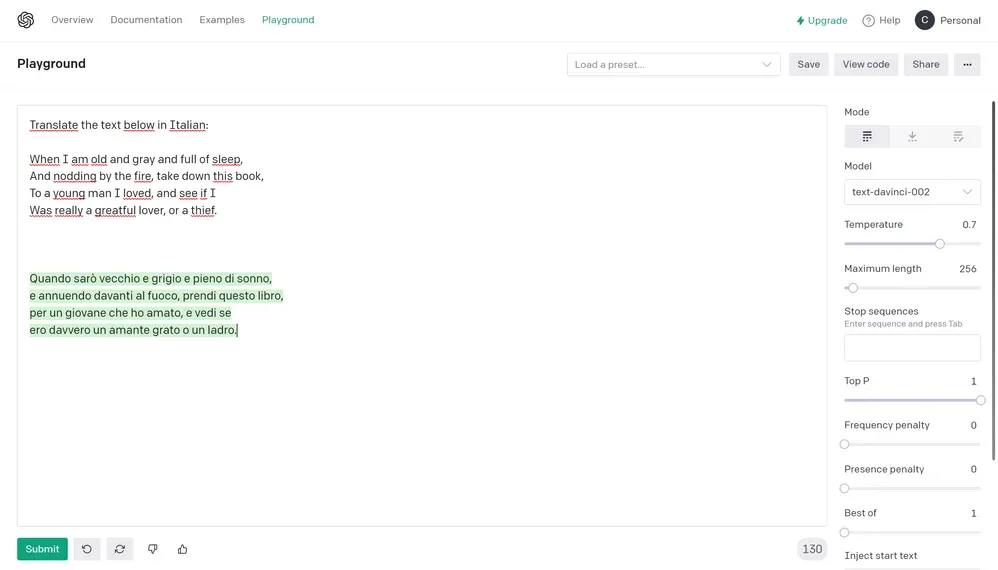
However, GPT-3 has its critics. It does require a lot of tuning to ensure the output is as expected. Getting your hands on it may also be a bit tricky.
It's free to use in research settings, but for commercial usage, it's an entirely different story with a lot more dollar signs involved.
Suggested Reading:6 AI models alternative to Google Gemini
2. HuggingFace's Transformers
Now onto HuggingFace's Transformers. This is the perfect tool for both understanding and generating language.
Need a high-quality translation? Done. Looking for text generation?
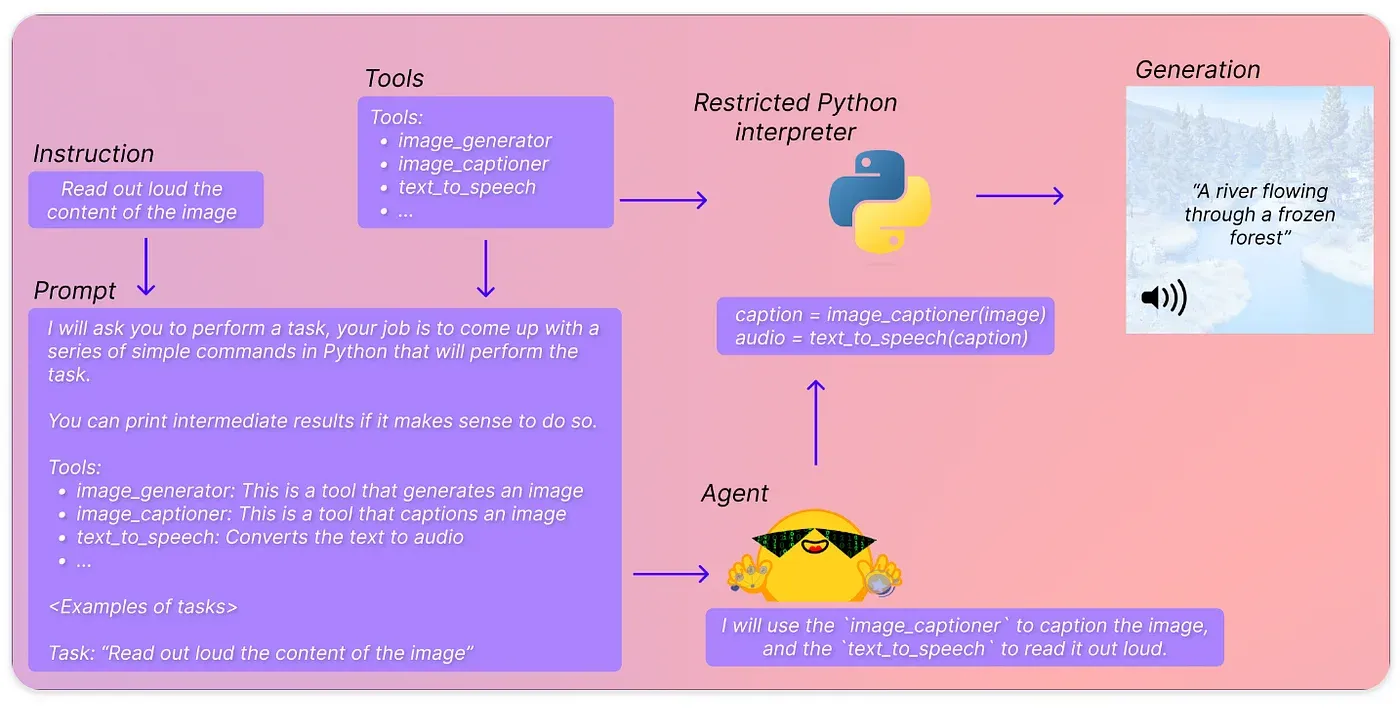
It’s got you covered. You can even rely on it for tasks like answering questions or summarizing documents.
Transformers are great, but they're also pretty data-hungry. Meaning, you're going to need a good amount of training data to make them work. They also require a fair bit of computing power, so there's that to think about.
3. IBM's Watson
Say hello to IBM's Watson. It's best known for versatility, with a range of features like predicting trends to answering queries, and even creating insightful reports.
Watson is here to make sense of large datasets and understand natural language with ease.
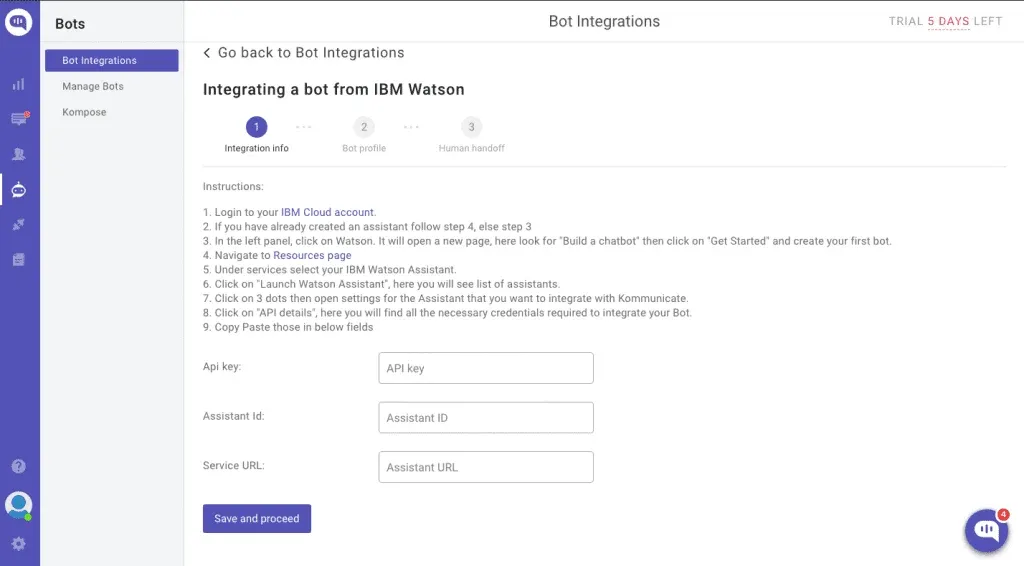
But this versatility comes at a price. Watson isn't exactly user-friendly.
Plus, Watson applications may add up to a substantial investment, particularly for large-scale projects.
4. Microsoft's Azure AI
Next on the list is Microsoft's Azure AI. It's loaded with a variety of AI tools. Whether you're looking to build chatbots or predictive models, Azure AI has got you covered.
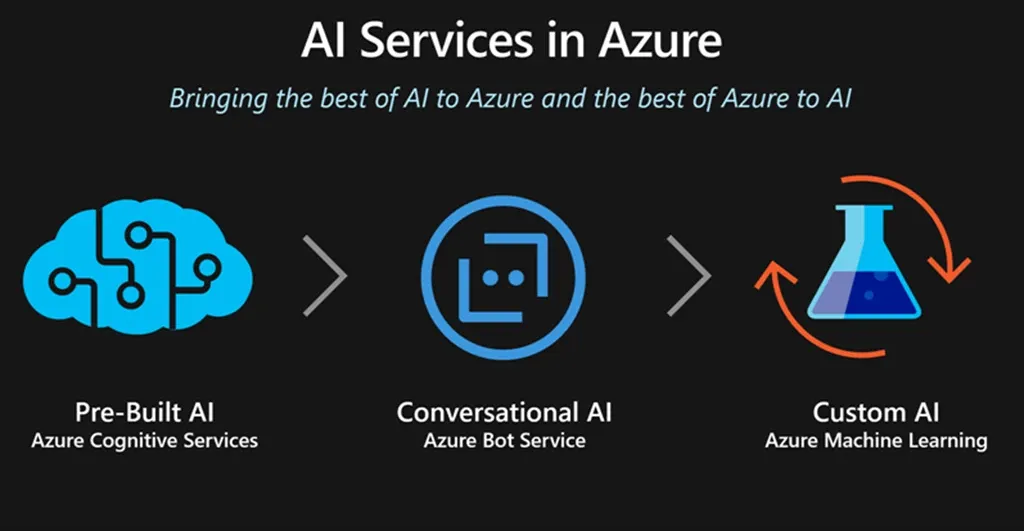
However, Azure AI isn't necessarily the most cost-effective or beginner-friendly option out there. Plus, to fully use its capacity, you'll need decent technical knowledge and possibly a commitment of time and resources.
5. Amazon's Lex
Moving onto Amazon's Lex - the technology behind the famous Alexa. The beauty of Lex is the conversational interfaces it can make.
Think interactive voice responses or chatbots - Lex is excellent when creating these.
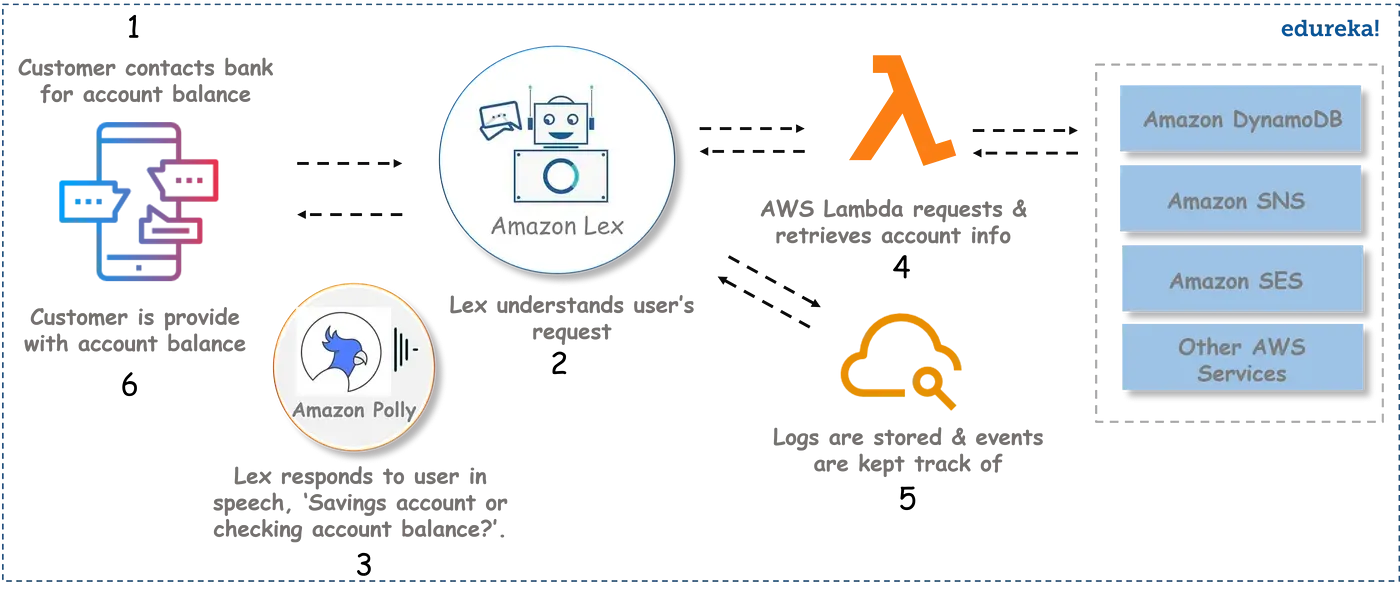
Hate to break it to you, though, but it's capabilities are limited compared to some other options, especially if you are looking for more than chatbot functionality.
6. Facebook's Wit.ai
Last but not least, let's meet Wit.ai by Facebook. It's like the friendly neighbor of AI models - free, simple to learn, and preferential for creating chatbots.
The downside?
Wit.ai is not as feature-heavy as some other AIs. It’s best for creating text or voice-based chatbots and may not fare as well with other tasks.
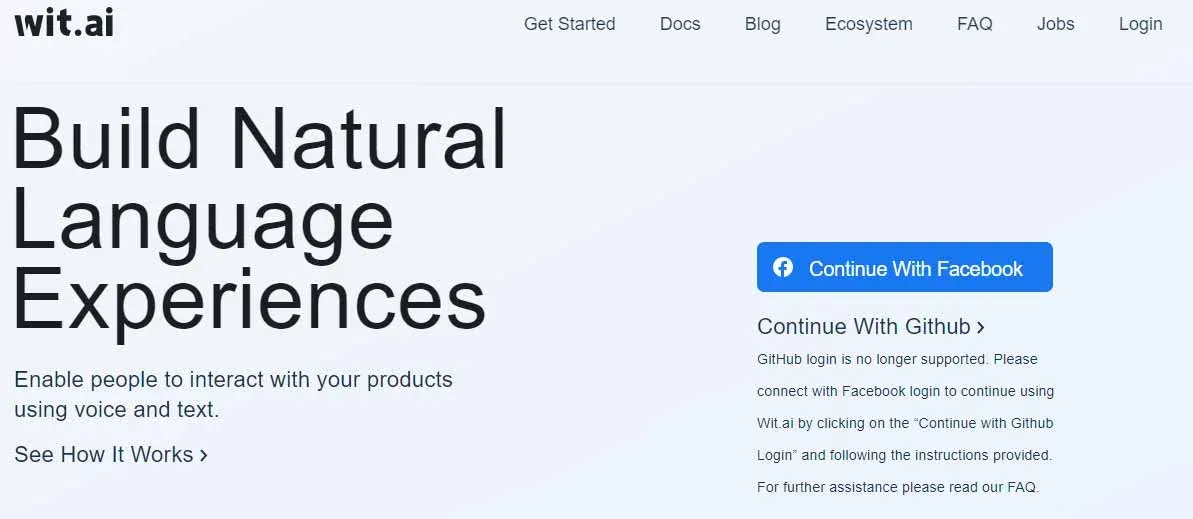
That concludes our deep dive into these six AI rockstars! Each has its charm, quirks, and unique personality. But remember, it's not about who's the most popular. The real question is - which one is the right fit for you.
Making the Decision: Factors to Consider
So, you've met the AI models, understood their pros and cons. Now, the big question, how do you pick the one that suits you best? It's a bit like fitting puzzle pieces together, matching what you need with what each model can do. Here are some key factors to consider in your decision-making.
1. What's Your Purpose?
Firstly, define what you need the AI for. Are you looking for a chatbot for your website? Or maybe you need a tool to help analyze data and predict trends? Always start by clarifying your requirements and goals.
2. In-House Skillset
Look at your team's skills. Got a bunch of coding whizzes?
Or is everyone more at ease with user-friendly interfaces? Not all AI models are beginner-friendly, and the learning curve could vary from mild slopes to steep hills.
3. Costs Involved
Money matters, doesn't it?
Analyze the pricing for each AI. Some, like GPT-3, might offer incredible capabilities but come with a hefty price tag. Others, like Wit.ai, may not have as many features but won't cost you a buck.
4. Long-term Versatility
Think about the long haul. Can the AI model adapt and evolve with your needs, or is it more of a one-trick pony?
An AI that can grow with you might be the smarter choice in the long run.
5. Integration and Support
Last but not least, think about how well the AI can play with existing systems. And don't forget about support! Tools with a strong community or dedicated customer service could save tons of time and headaches down the line.
Ultimately, the best AI model for you hinges on your unique needs, resources, and goals. Make an informed decision by considering these factors, and you'll find the perfect AI tool for you.
Conclusion
Alright, there you have it. We've dug into six top AI models - all unique in their own ways, and all with the potential to revolutionize your work or project.
Remember, picking the right one comes down to your needs, the skills you have in-house, your budget, and your long-term plans.
So, take your time, weigh all these factors. You're now equipped with the knowledge to make an informed choice. Happy AI hunting!
Suggested Reading:6 AI models alternative to Google Gemini
Frequently Asked Questions (FAQs)
How frequently should you expect to update AI models?
That depends on the nature of your project. If your work involves evolving datasets or is sensitive to changing market trends, your AI models might require frequent updates.
Is there an AI model that can handle multiple tasks effectively?
While some AI models might be versatile, there's no 'one-size-fits-all.' Each model has its unique strengths and weaknesses, so it’s often more effective to use specialized models for different tasks.
Do you always need technical expertise to use AI models?
Not necessarily. Some AI models are beginner-friendly and offer user-friendly interfaces. However, you might need coding skills for complex tasks or to leverage the full potential of certain models.
Can you combine different AI models?
Yes, you can! However, the level of complexity in integration can vary based on the models you choose. Always consider the integration factor before deciding on your AI tools


